The Middle East
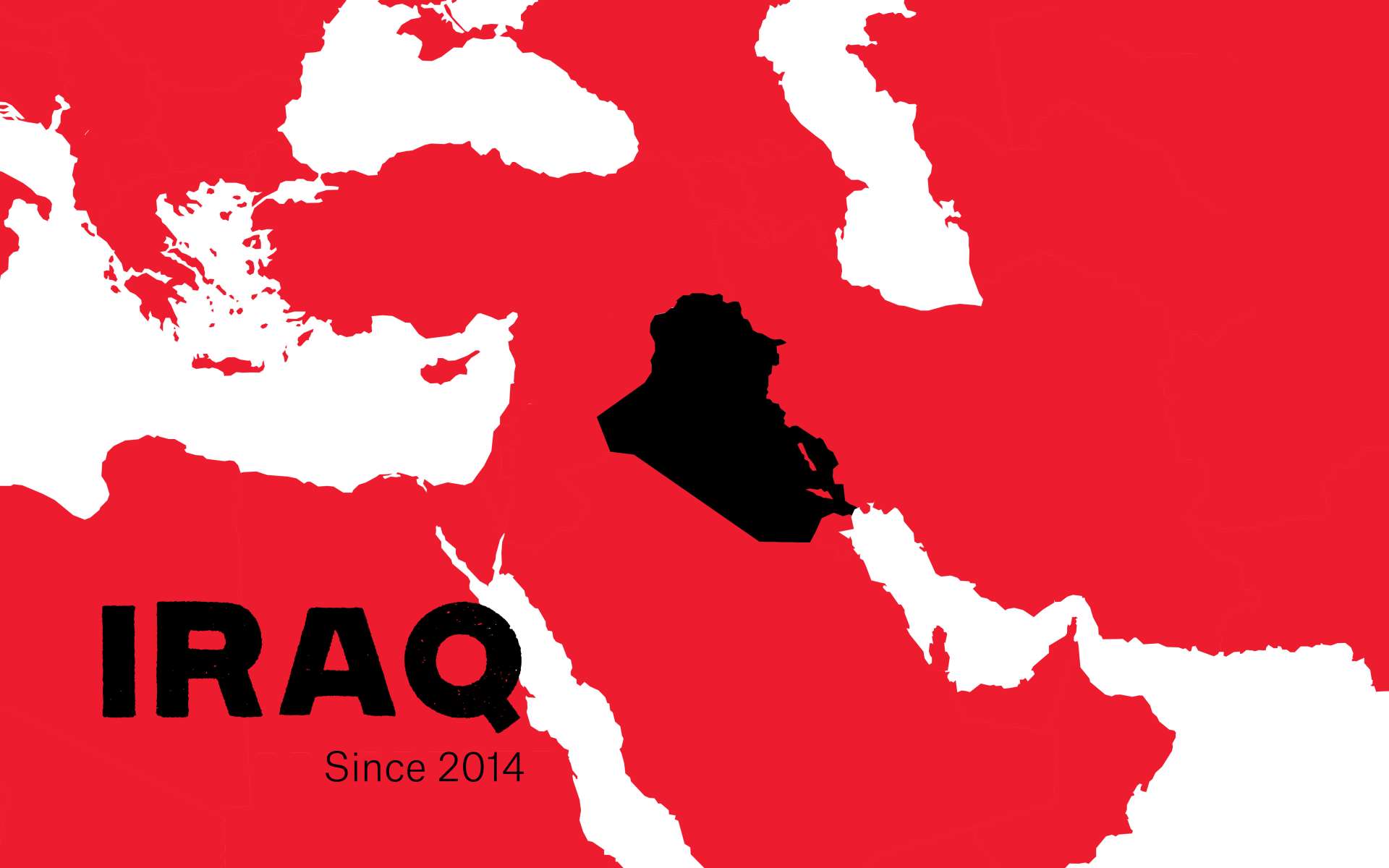
Iraq
Child participants: 11,679
Adult participants: 1,592
War Child staff: 53
Local partner organisations: One
War Child supports the work of War Child UK inside Iraq to bolster access to education - particularly for girls who remain a high-risk group. The work focuses on ‘education in emergencies’ programming - short-term accelerated learning interventions that address disruption to formal schooling.
Throughout 2019 we worked to rebuild schools and support the psychosocial wellbeing of teachers via an education project in Mosul in northern Iraq. As the country recovered from the IS invasion and grappled with domestic unrest, we also worked hard to provide a Safe Space for 11,679 children - free from the threats of external rights abuses.
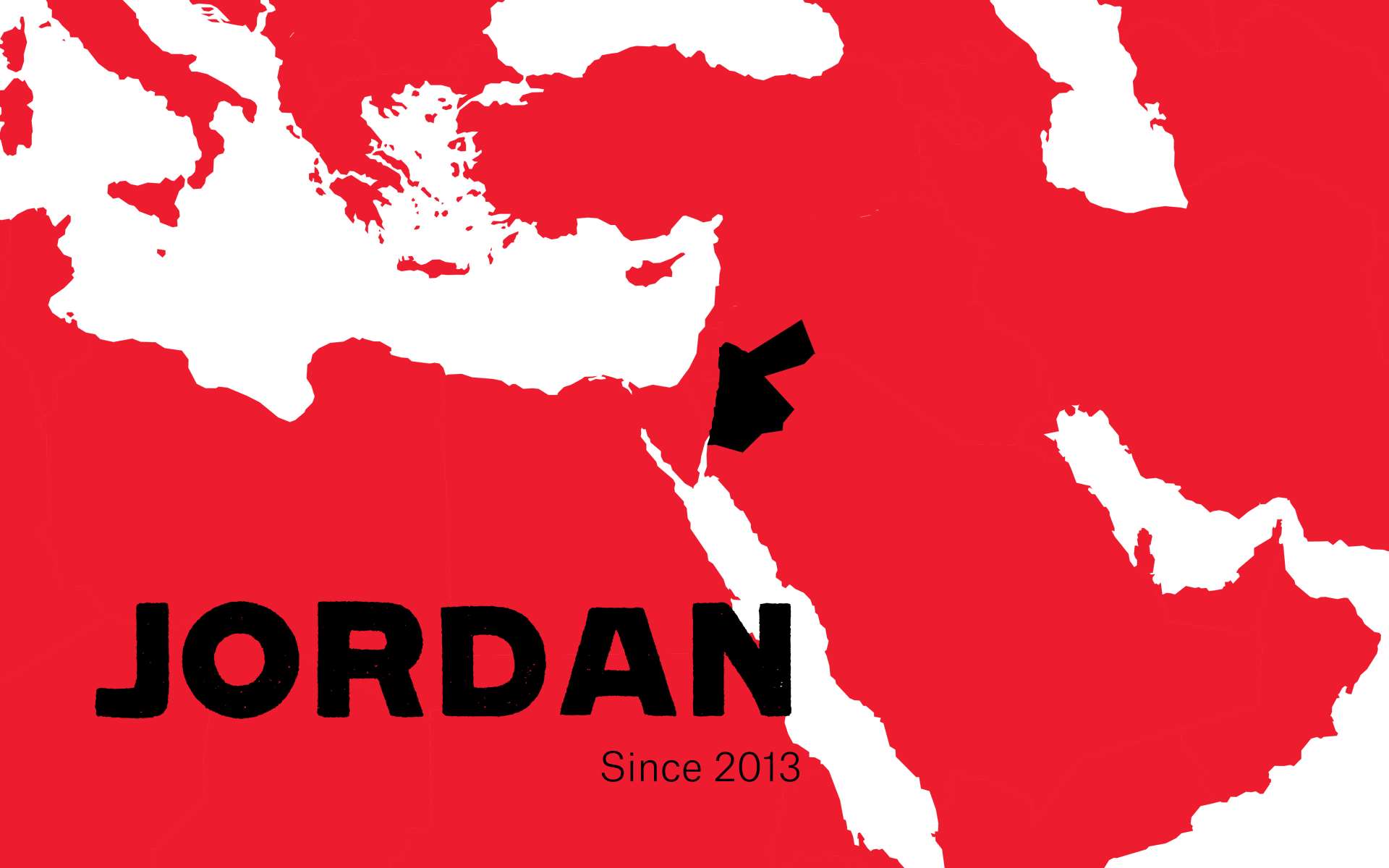
Jordan
Child participants: 1,766
Adult participants: 114
War Child staff: 41
Local partner organisations: One
War Child works inside Jordan to provide education to children from both refugee and host populations. Formerly led by War Child UK - we initially established a presence inside Jordan in early 2013 to respond to the Syrian refugee crisis.
The protracted crisis remained our priority throughout 2019. We accelerated our focus on Early Childhood Care and Development (ECCD) to meet the urgent needs of 336 children and caregivers in Emirati and Za’atari refugee camps - the latter home to the largest proportion of Syrian refugees in the world.
We also played a leading role in the roll-out of Can’t Wait to Learn - our flagship e-learning programme - in primary schools. Can’t Wait to Learn replaced three out of five reading and maths lessons per week. And research findings show that children playing the tablet games performed just as well as children following traditional lessons five days a week over a 12-week period - a great result for the programme.
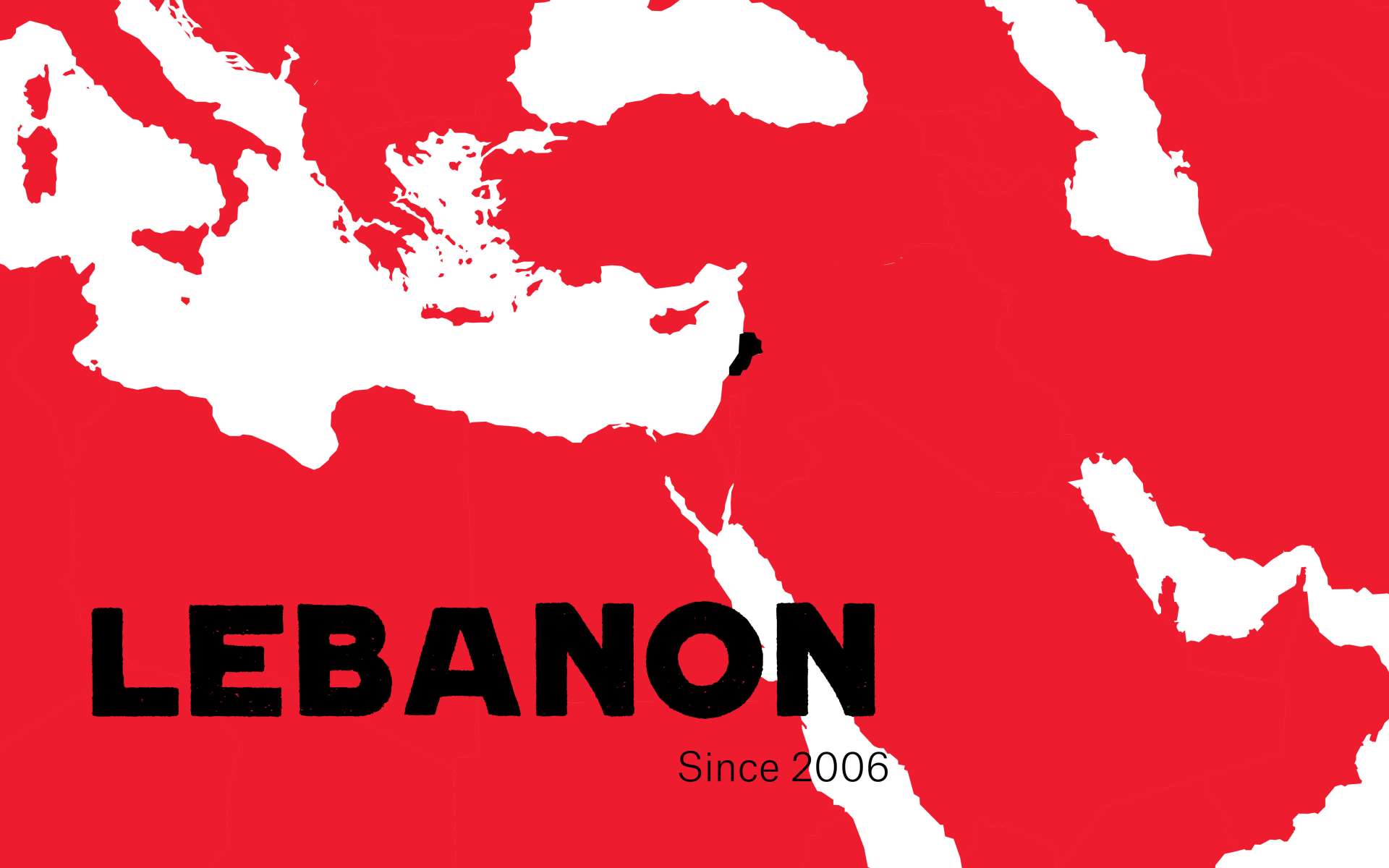
Lebanon
Child participants: 14,678
Adult participants: 5,689
War Child staff: 123
Local partner organisations: 28
Despite significant challenges to operations following the 17 October 2019 uprisings, War Child remains active across all governates in Lebanon. We work in support of vulnerable children from host communities as well as children from Syrian and Palestinian refugee camps. Our community-based integrated approach combines psychosocial support, child protection and education to enhanced effect.
In 2019 we worked hard to boost the psychosocial wellbeing of the important adults in children’s lives. Our Caregiver Support Intervention saw a significant positive impact on parents and caregivers’ ability to manage stress - with many identifying the relaxation techniques employed during sessions as key.
This year also saw us strengthen relationships with both local NGOs and community-based organisations (CBOs) - to ensure our work continues to be relevant on the ground. We were proud to obtain official certificates for six CBOs from the Ministry of Education and Higher Education, granting them the ability to roll out educational activities independently.
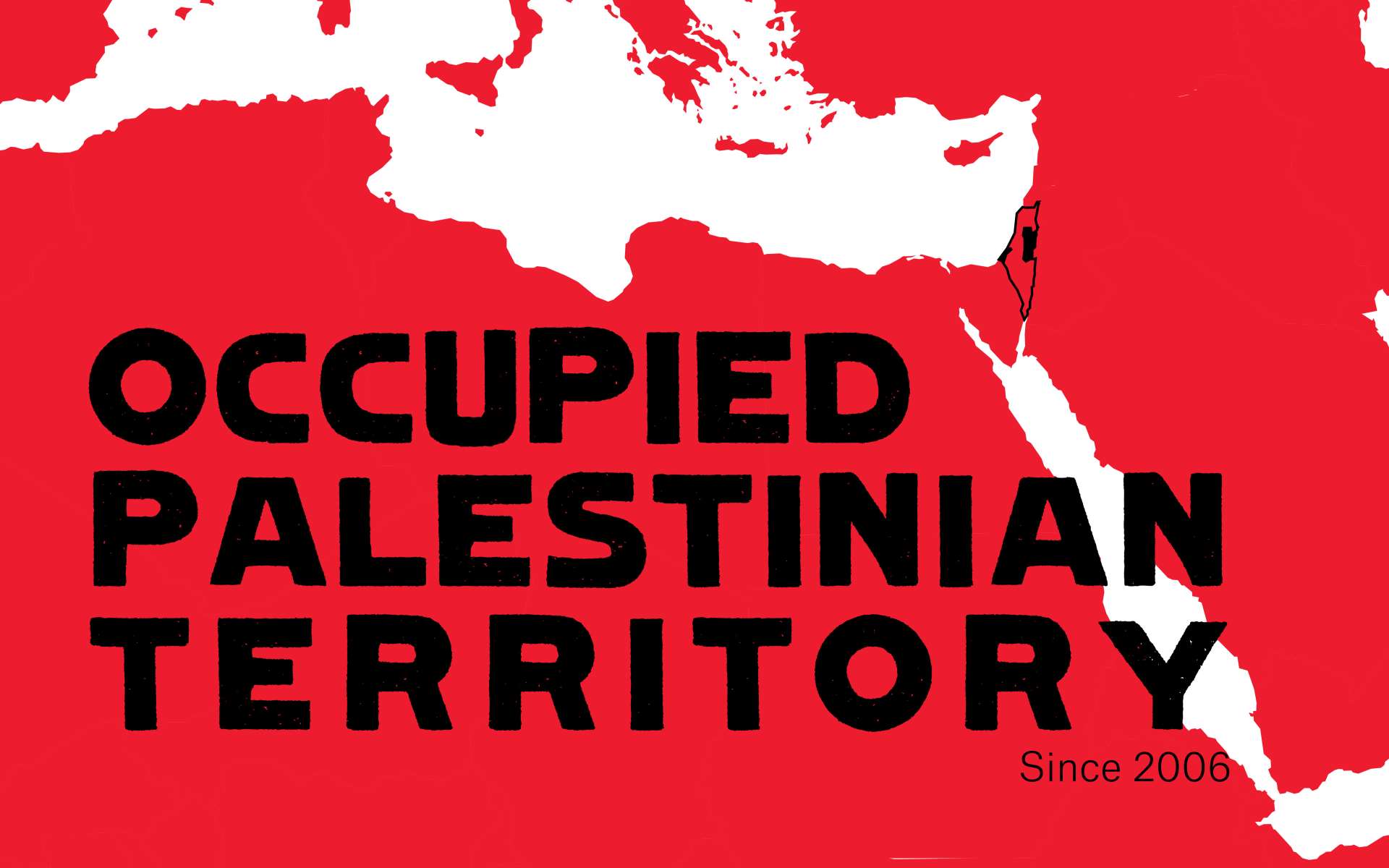
occupied Palestinian territory
Child participants: 10,850
Adult participants: 2,179
War Child staff: 12
Local partner organisations: 33
War Child is present in Gaza and the West Bank, including East Jerusalem, to protect children from harm and support their mental health and wellbeing. We train community members to provide children with vital life skills and psychosocial support.
In 2019 War Child worked to strengthen family support networks - tackling high rates of chronic stress amongst Palestinian parents and caregivers. These efforts saw psychosocial support and child protection interventions provided for 7,012 children and youth over the course of the year. A further 508 caregivers received psychosocial support. Specialised mental health services were also provided to 1120 children and 665 caregivers through our collaboration with partner organisations.
Under our EU-funded No Place for a Child project - amidst continued and significant human rights abuses against Palestinian children - we took action to uphold the Rights of the Child in line with international law. This helped us, through partners, secure free legal representation for 467 Palestinian minors - and provide additional legal services to some 61 children and their families. An intrinsic part of the project - children and their families also received vital psychosocial and mental health support.
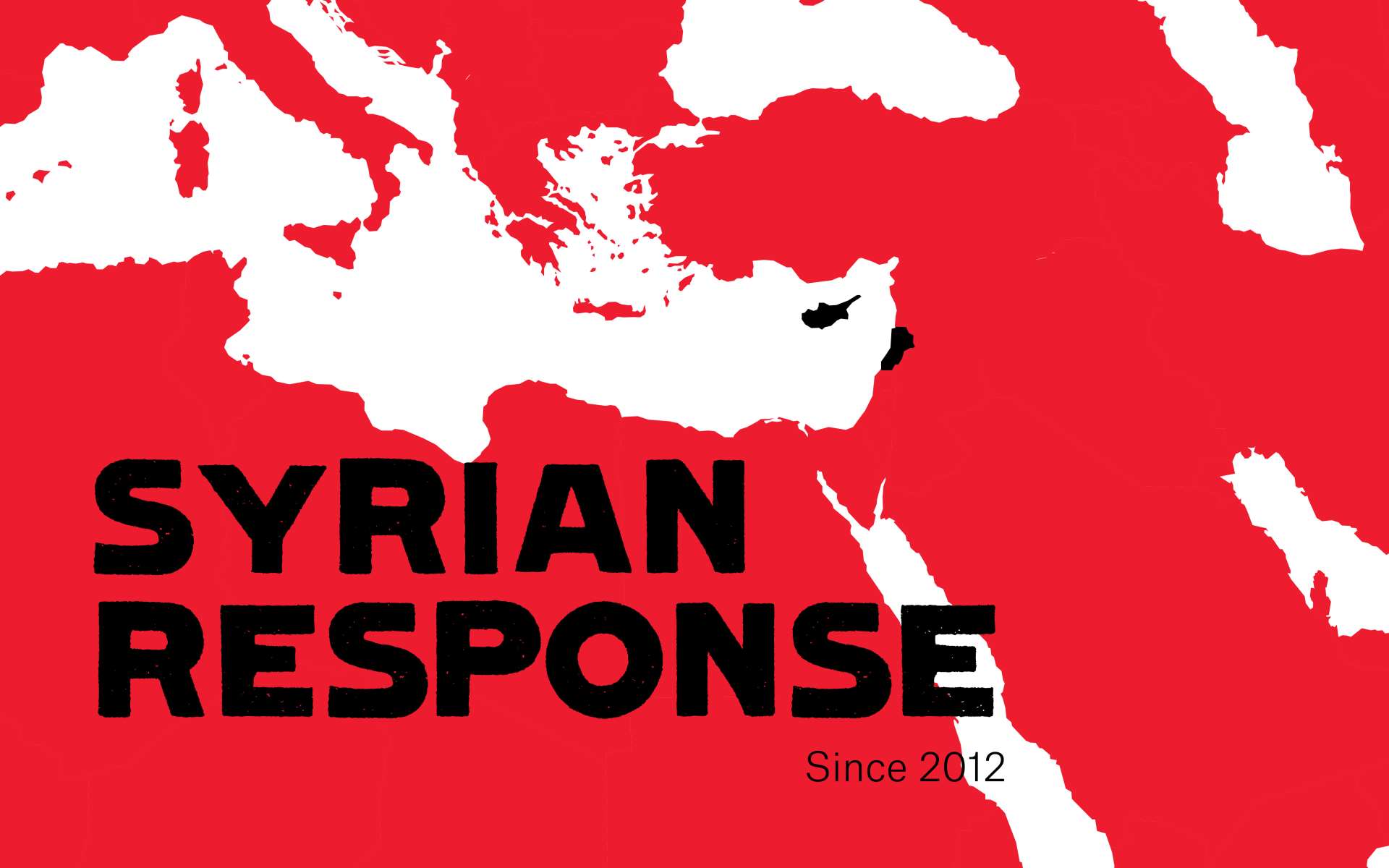
Syrian Response
Child participants: 51,063
Adult participants: 11,114
War Child staff: 10
War Child has been actively responding to the Syrian crisis since 2012. We continue to be the leading agency providing emergency psychosocial support and education services to Syrian children in Lebanon. We are also present in Jordan to support the urgent needs of displaced Syrian children.
2019 saw us put down roots at our new operational hub in Cyprus. With improved coordination across three staff bases, we were proud to meet the needs of over 50,000 children.
The humanitarian situation inside Syria worsened over the course of the year - a year which saw over 2.8 million children denied access to formal education. Despite this challenging context, we were successful in widening access to early education - providing accelerated learning opportunities to 30,399 children.
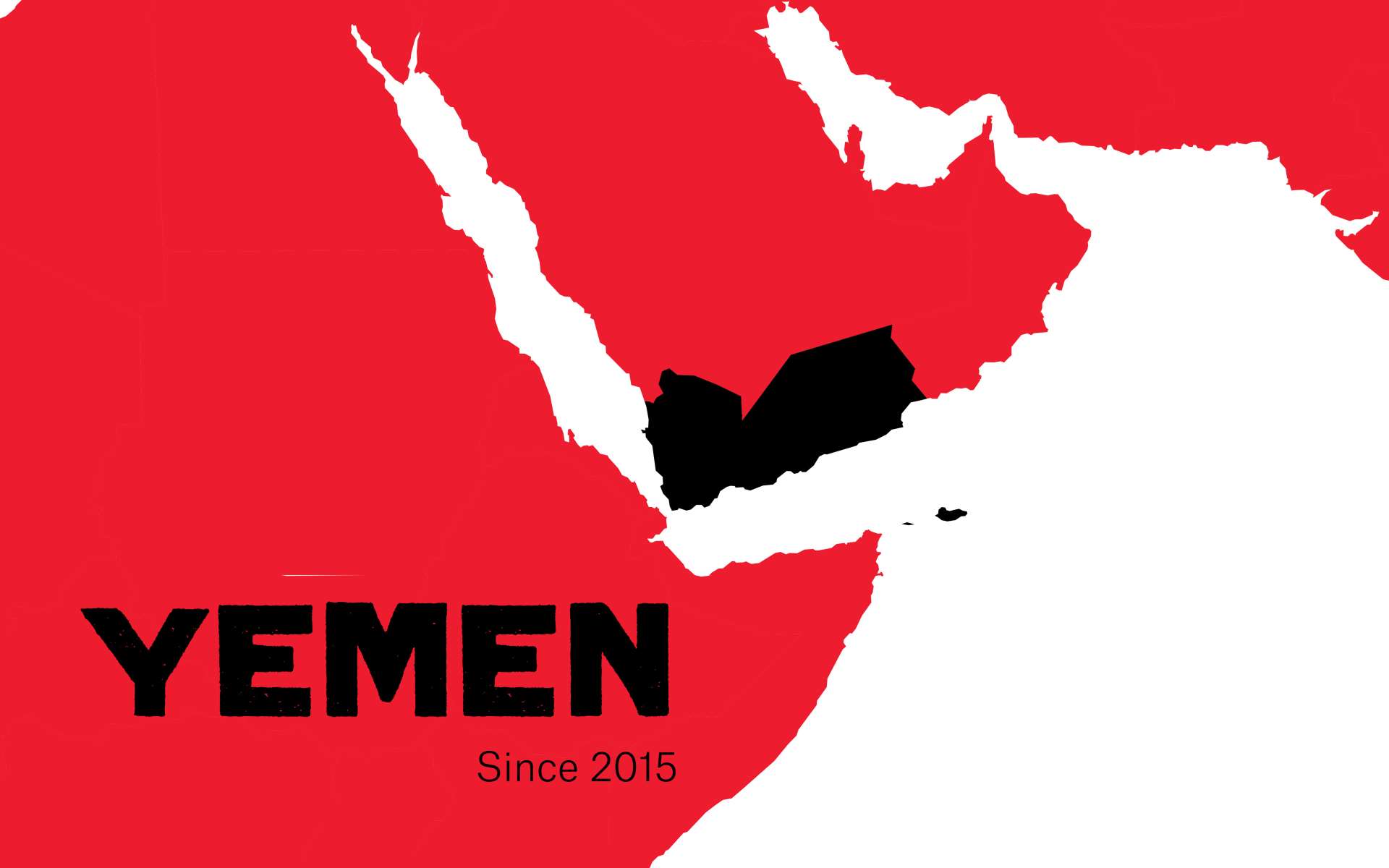
Yemen
Child participants: 13,201
Adult participants: 5,308
War Child staff: 16
Local partner organisations: One
War Child supports the work of War Child UK inside Yemen to provide protection, education and emergency support to children at the heart of the world’s worst humanitarian crisis. Across the year some 4,000 children received essential learning materials and support. A further 11,429 individuals were provided with emergency cash assistance to meet basic living needs.
The year saw War Child bolster our relationship with humanitarian donors - in particular UNOCHA as part of their Yemen Humanitarian Fund (YHF). The YHF is the largest Country-Based Pooled Fund in the world - and it made funding directly available for a number of key activities.